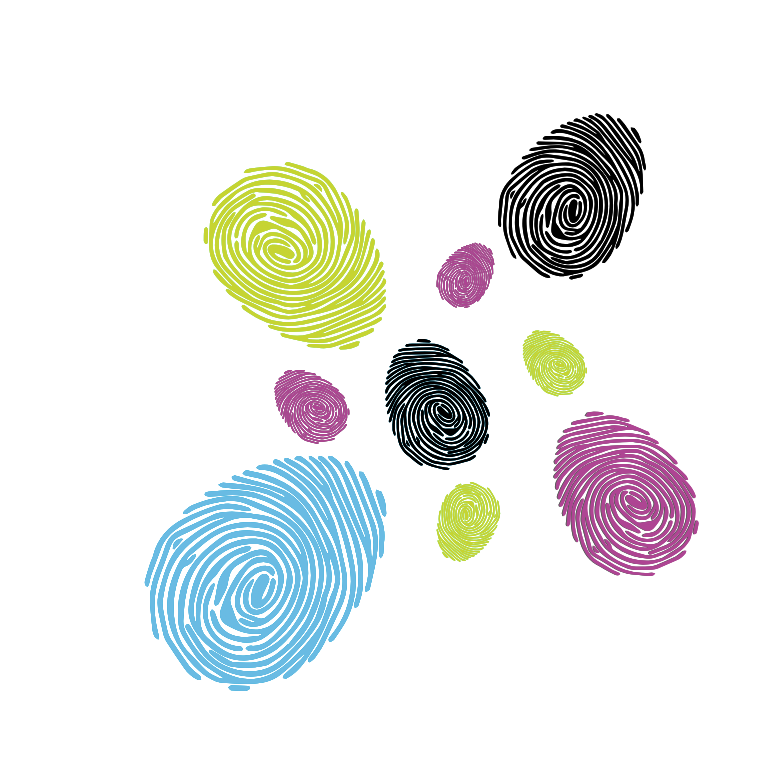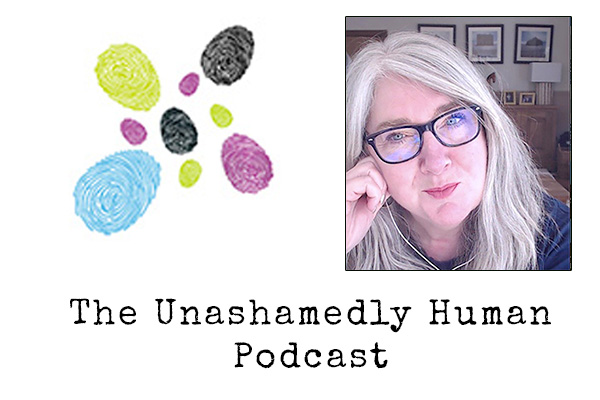Women are a marvel. We juggle careers, families, relationships, and let’s be honest—sometimes entire civilizations (or at least it feels that way). And yet, beneath all the multitasking and magic-making, there’s an invisible force quietly shaping how we experience life: thought. Thought is like that friend who means well but sometimes won’t stop talking. It can uplift us, hold us back, or keep us stuck in old stories we didn’t even write.
We all have a drama queen going on in our heads. If you’ve ever gone from “I’ve got this” to “I should live in a cave and never speak again” in the span of five minutes, you know how powerful thought can be. Our minds love a good soap opera. But here’s the thing: not every thought is telling the truth. Some of them are just echoes of old fears, societal pressures, and—let’s be real—your mother’s voice reminding you to wear a cardigan.
Take Sarah, for example. She’s a brilliant executive who somehow convinced herself that if she didn’t reply to emails at 11 PM, she’d be fired and end up living under a bridge. Intellectually, she knew this was nonsense, but the thought had burrowed deep into her nervous system, triggering stress responses that no amount of logical reasoning could erase. Why? Because not all thoughts come from conscious places.
Thought keeps working behind the scenes whether you are aware of it or not.Traditional talk therapy often focuses on identifying and reframing conscious thoughts, which is great—until you realize that some of the biggest culprits are the sneaky, unconscious ones. The ones absorbed in childhood, passed down through generations, or buried so deep that they show up as gut feelings rather than words.
Emma, for instance, grew up watching her mother shrink herself to keep the peace. She never consciously decided to do the same, but her body had learned the lesson well. As an adult, she found herself apologizing for everything—including things that weren’t her fault—because the thought pattern of “don’t take up space” had been wired into her nervous system.
There is an unholy alliance between trauma and thought. Trauma doesn’t just leave scars; it rewires the way we think and feel. If you’ve ever wondered why you overthink texts, second-guess compliments, or assume the worst before it even happens, there’s a good chance past experiences are running the show. Trauma makes certain thoughts feel like absolute truths, even when they’re just leftover survival strategies from a time when we didn’t have better tools.
Take Maria, who had a critical parent. Now, whenever someone praises her work, her first thought is, They’re just being nice. That thought isn’t logical—it’s a reflex. Her brain learned long ago that praise was a setup for criticism, so it still responds as if she’s bracing for impact.
We sometimes need to look beyond talk therapy especially if we feel stuck in unconcious habits and patters and review thought ast its core.Since not all mental and emotional struggles can be solved by talking them through, we need a different approach. Healing requires working with thought on a deeper, more embodied level. Here’s how:
Getting out of your head by utilising somatic practices.Movement, breathwork, and body-based therapies help release stored trauma and unconscious thought patterns that live in the nervous system, not just the mind. Because sometimes, your body remembers what your mind forgot.
Seeing life for what it is by seeing thought for what it is.Understanding that thoughts are fleeting and not always reality can be life-changing. Women who grasp this start seeing their thoughts as weather—passing through rather than defining who they are.
Learning to be more aware and present and becoming the person watching the show instead without having to buy a ticket. Rather than analyzing every thought, mindfulness teaches us to observe them without attachment. Imagine watching a bad reality TV show—you don’t have to believe everything that happens on screen.
We can all break the chains of generational trauma.Some of the thoughts weighing us down aren’t even ours. They belong to our mothers, grandmothers, and the generations before them. Recognizing this allows us to step back and say, That story ends with me.
Every single person alive has the opportunity to choose a new narrative. A woman’s psychology isn’t just shaped by her personal experiences but by generations of beliefs, cultural conditioning, and old patterns. The good news? Thought is not fixed. It shifts, changes, and—most importantly—loses power the moment we see it for what it is.
When we stop believing every thought that pops into our heads, we create space for clarity, ease, and self-compassion. Healing isn’t about silencing thoughts; it’s about changing our relationship with them. And sometimes, the best way to deal with an unhelpful thought is to laugh, say, Nice try, and move on with your day.
So the next time your mind tries to convince you that you’re failing at life because you forgot to defrost the chicken, take a breath, roll your eyes, and remind yourself: It’s all thought.









